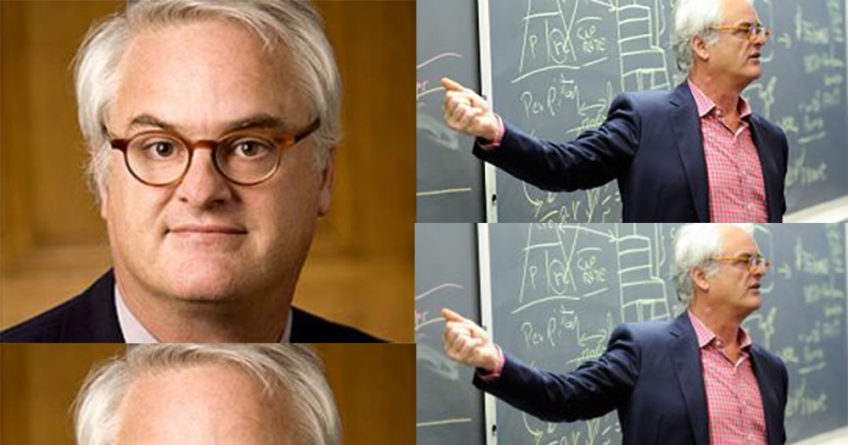Dr William Goetzmann is a finance expert, with a career covering a diverse range of investments, including stocks, mutual funds, real estate, and paintings. His research topics include forecasting stock markets, selecting mutual fund managers, housing as investment, and the risk and return of art.
Dr Goetzmann has a background in arts and media management, and as a documentary filmmaker, he has written and co-produced programs for Nova and the American Masters series, including a profile of the artist Thomas Eakins.
He received his bachelors from Yale College in Art History and Archaeology in 1978, a Master of Arts in Public and Private Management (MPPM) in 1989 and a PhD in Operations Research with a specialty in Finance in 1991 from the Yale School of Management.
Dr Goetzmann and His Career
Tell us about your professional career. Where did it begin? How did you come to be director of Yale’s International Center for Finance?
I had a career in arts and media before business school. After my MBA, I took my Ph.D. at Yale in finance and then my first teaching job at Columbia Business School. I returned to Yale in 1994 to teach Finance.
At that time, we began to develop the idea of an interdisciplinary research center for Finance and in 1999, Yale launched the International Center for Finance based on this blueprint. Since then, we have been working to assemble a leading group of scholars to do cutting edge research and teaching in Finance at Yale.
You also have a background in arts and media management, and you’ve worked as a documentary filmmaker. How has this added to your career in finance?
In management, I found it is useful to be able to visualize a concrete plan — whether for a funding proposal, a film, an academic program or a research plan. The world of media demands constant attention to planning and articulation of that plan. I think these skills have helped in my current position.
Who were the biggest inspirations for your career?
Professor Stephen A. Ross of the Massachusetts Institute of Technology, Sloan School of Management, my teacher and mentor.
What are some of your favorite projects that you’ve worked on in your career?
Development a model of the Dow Theory and finding that it has worked; Learning about hedge funds and the role they play in the capital markets; Finding that the lessons learned from the history of the capital markets can be surprising.
The Actual Work
Tell us about the International Center for Finance at Yale. What’s the mission and what exactly do you do to advance it?
ICF is an interdisciplinary center focused on creating and disseminating new knowledge about Finance, through research papers and teaching. It is a new center on the Yale campus and School, involving other interested scholars on campus. My role is administration of the center and the building of Finance faculty at the School of Management.
Why is it important to collaborate with your colleagues in the field? How have your professional collaborations benefited your career?
Nearly all research in Finance is collaboratory — don’t ask me why. Somehow, it always helps to share ideas and develop them together. Researchers are excited by discovery. Particularly in academia, where we tend to give ideas away, we talk about them. The back and forth is part of the creative process.
What are some common myths about finance executives?
That they are unethical and rapacious. In my experience, despite all we have heard about Enron, financial executives are ethical people who are quite conscious of maintaining their reputations and doing the right thing.
Education Information and Advice
You received all of your degrees from Yale. What did you like and dislike about your finance-related education?
I appreciate the intellectual freedom I have had at Yale, as well as the gentle encouragement and strong support. I disliked utility theory, but I have come to some accommodation with it.
How do prospective finance students assess their skill and aptitude for this field?
Hard to say, but a fascination with the tools of Finance helps.
What factors should prospective finance students consider when choosing their school?
Depends on what they really want. Personally, I felt that a top school should take students to the frontiers of knowledge, even when this means pointing out the ambiguities in the state of knowledge. I also felt that learning from thought-leaders in the field had advantages.
What are the different business-related specialties within the field of finance?
Corporate Finance, Investments, Derivatives, International Finance, Capital Markets
Closing Remarks
Is there anything else you can tell us about yourself, your career, or the profession that would be interesting or helpful to others aspiring to enter and succeed in finance?
I have taken unusual opportunities because they felt like the right match with my personality. I can’t say whether this was the right thing or the wrong thing to do, but it meant that I have been happy and productive and have continued to learn a lot.
Editor’s Note: This interview was originally conducted in April 2002.



